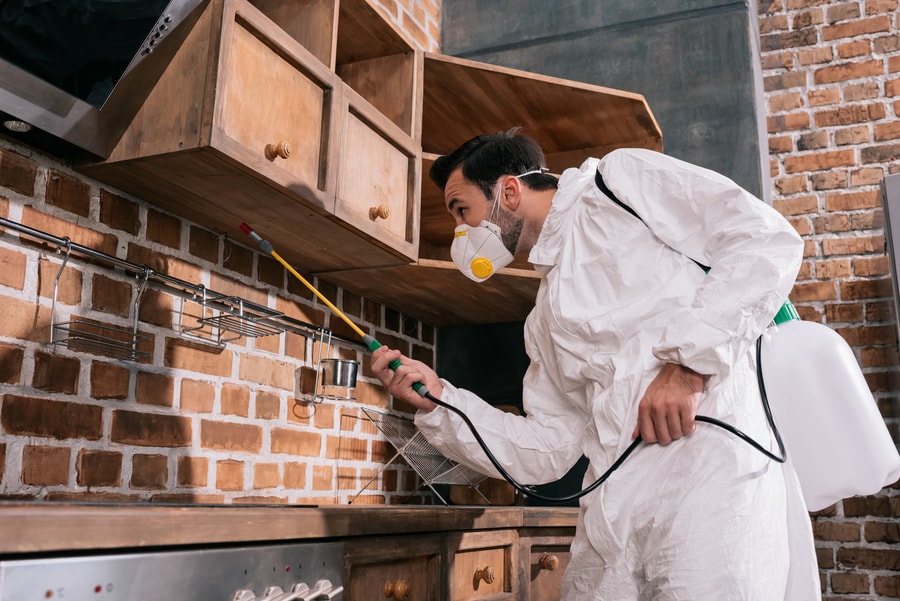How Long Should Termite Treatment Last?
Termites are the #1 pest that infests one in thirty homes each year. They’re a costly and disruptive nuisance, and can even degrade the value of your property. They also wreak havoc on your health and safety.
(Searching for “local ant exterminator“? Contact us today!)

They can be difficult to spot – unless you know what you’re looking for. So it’s important to have a professional inspect your home and confirm that you do, indeed, have termites.
Once they’ve been confirmed, you’ll need to decide how to get rid of them for good. The most common option is to use a termite treatment. Termite treatments are usually water-based or solvent-based and are available in a variety of forms, including sprays, granules, and liquids.
The type of product you use has a direct impact on how long your treatment will last. The most common products are Termidor (manufactured by BASF), Altriset, and Premise (both manufactured by Bayer).
Generally, a good termite treatment will have a lifespan of between 5-8 years, according to This Old House. The longer treatment lasts, the more likely you are to prevent future termite problems.
Some treatments, such as bait stations, have a much shorter lifespan. These take weeks or months to fully eradicate a colony and require regular maintenance. However, they can be more effective in eliminating subterranean termites than other types of treatment.
Another type of termite treatment is chemical fumigation. It requires tents or tarps to be placed over your home. A specialized insecticide called fumigant is released, destroying termites’ nervous systems and preventing them from coming back for years to come.
A termite control company can apply these fumigants to your home and remove them when they’re done. Depending on the size of the house, this process can take as little as 24 hours to as long as seven days.
Whether you choose to have a termite treatment applied or not, it’s important to follow up with annual inspections. A pest control expert will recommend that these be done to ensure the termite treatment is still working effectively and that any gaps in coverage have been filled in.
If you want to avoid having to have a termite treatment performed again, talk with your pest control professional about the best way to protect your home against these destructive insects. They can offer advice on a variety of options, including liquid or bait treatments, heat treatment, and fumigation.
They’ll provide you with the information you need to make an informed decision about the right termite treatment for your situation and your budget. Contact a termite control specialist today to have all your questions answered!
How Soon Termites Die After Treatment?
Depending on the type of termite treatment you choose, it’s not uncommon for termites to die within a few days after the application. A liquid or bait treatment will begin killing termites immediately, while a fumigation treatment will kill them over a period of time.
The length of time the treatment lasts depends on a variety of factors, including the type of termite treated, how the treatment was applied, and the soil conditions surrounding the property. It’s also important to have an annual inspection with your termite professional to be sure you’re getting the most effective treatment for your particular home.

